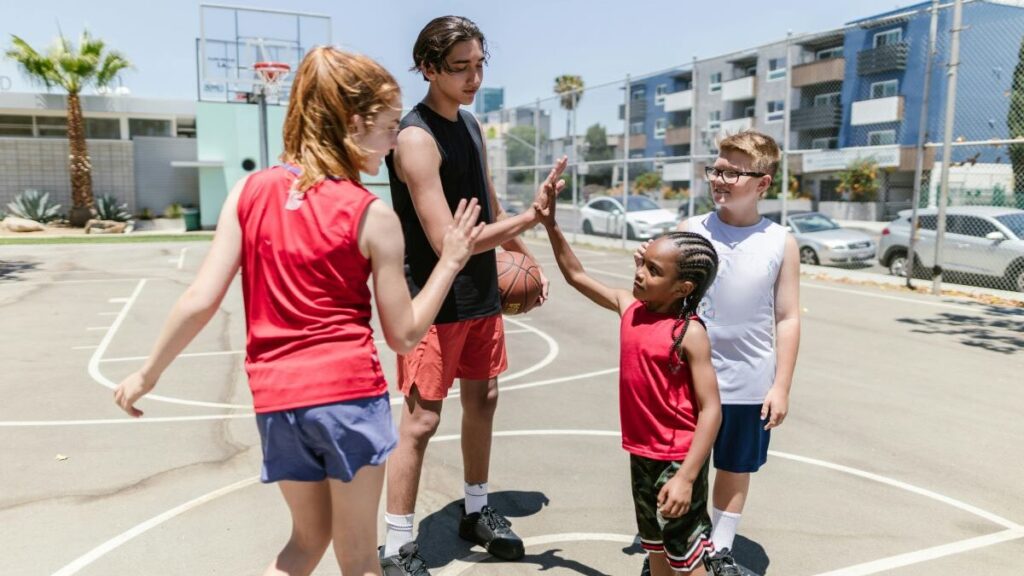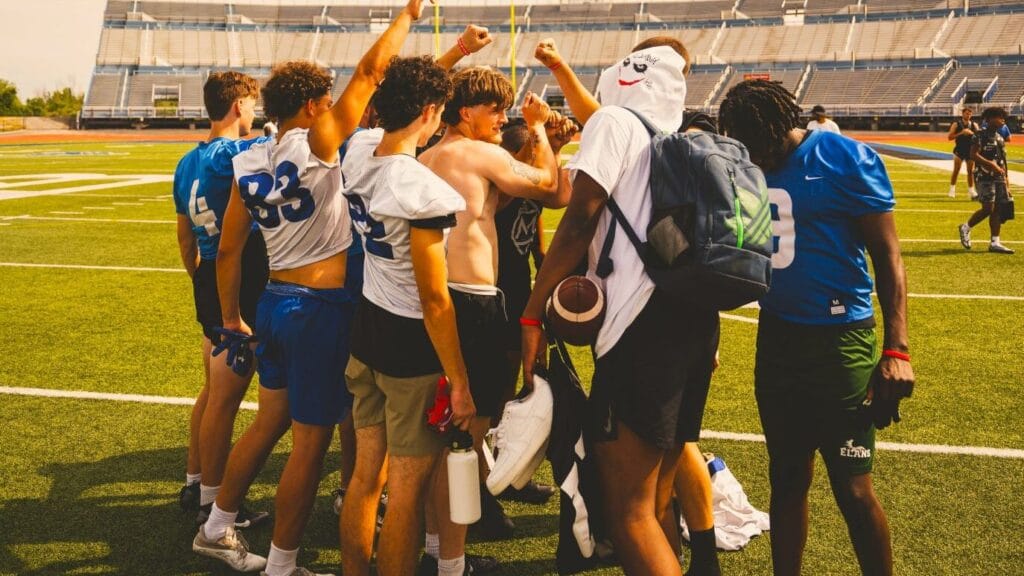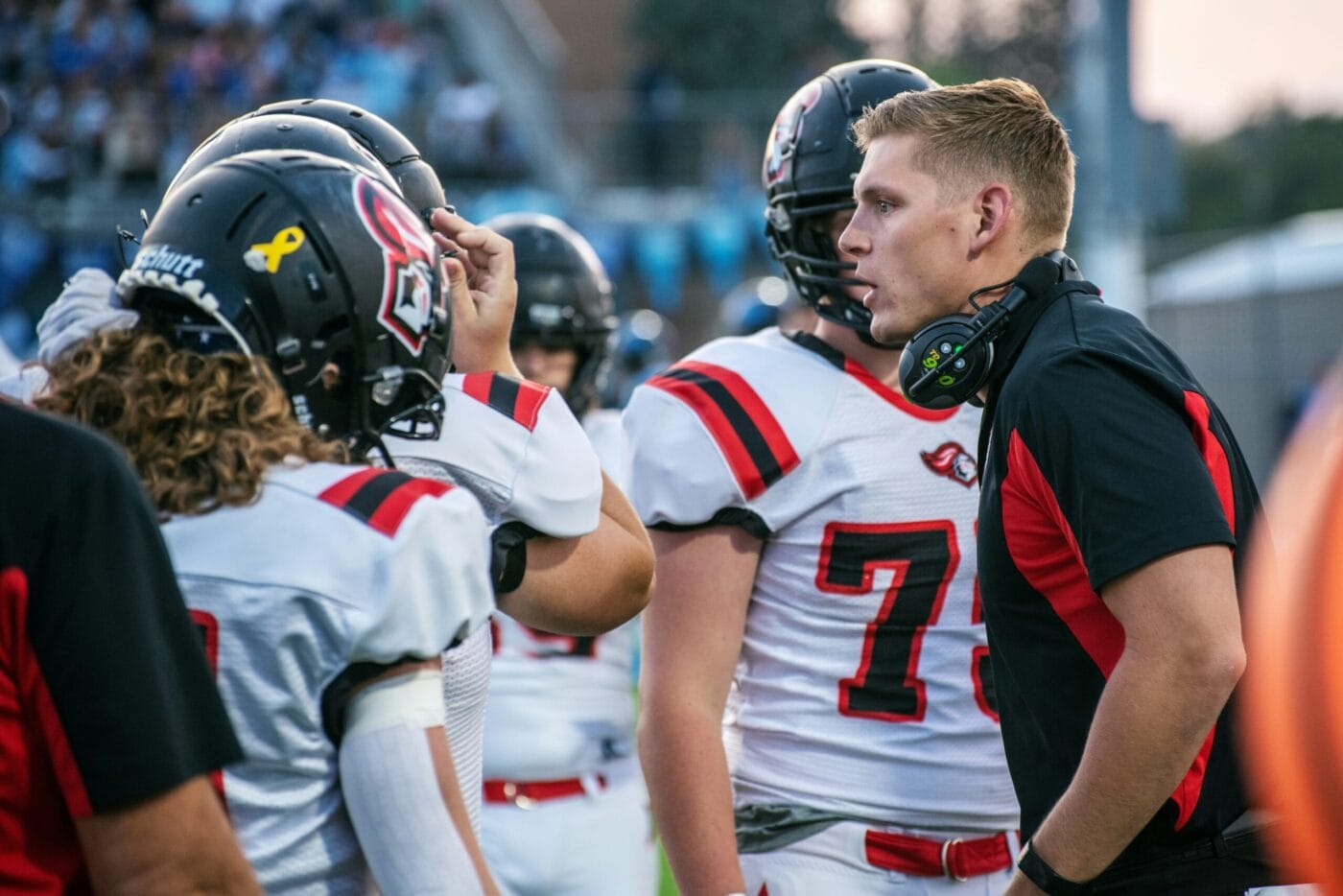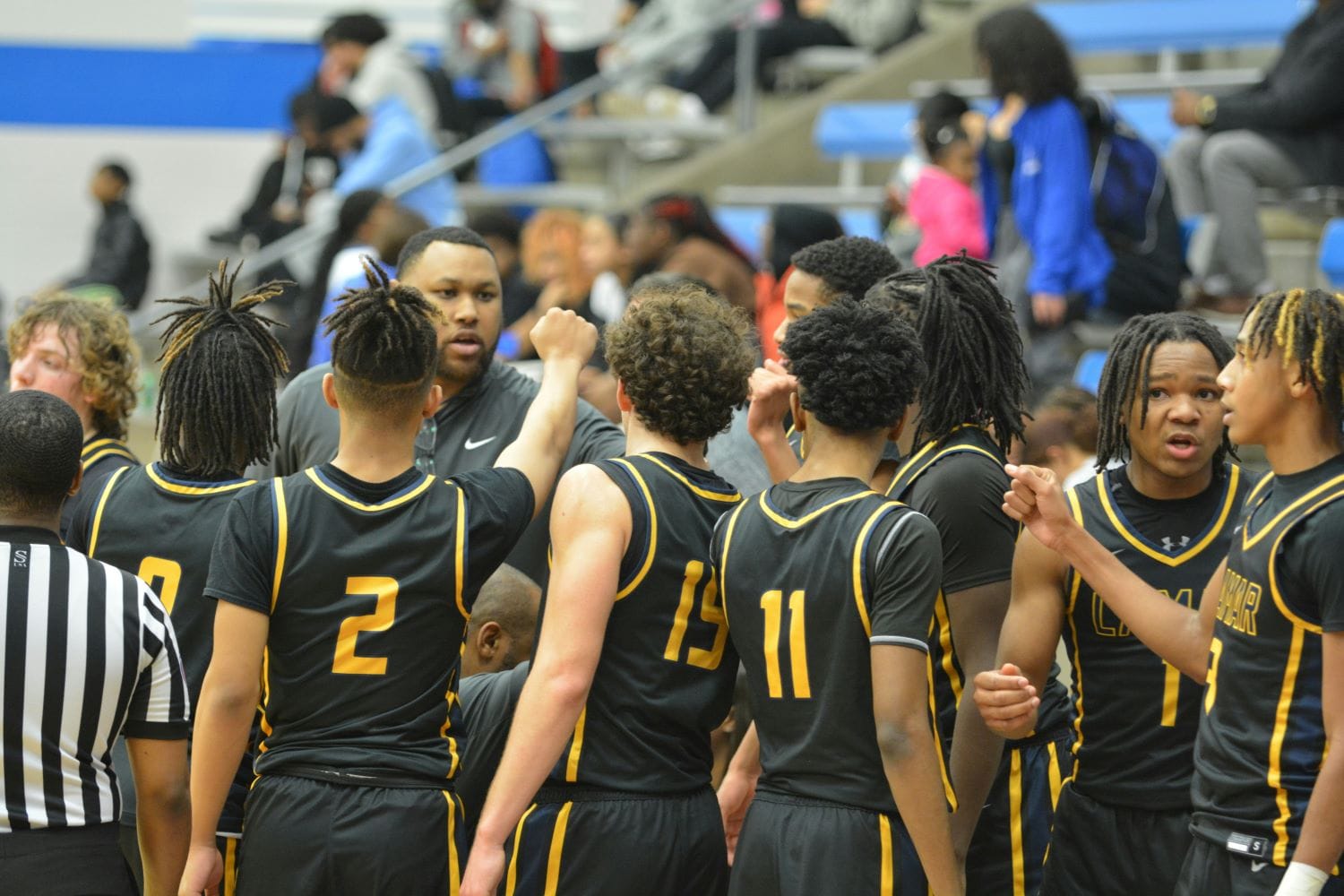More Than Just a Game
Youth sports have the power to change lives — not just through athletic achievement, but by shaping the mindset, habits, and character of young people. At Ball to Life, we believe sports are one of the most powerful tools to prepare athletes for life beyond the scoreboard. One of the greatest things we can teach through sports is Leadership – leadership development in athletes is what propels lifelong success.
Leadership development in youth athletes isn’t just about captains or highlight-reel players. It’s about preparing young people to take responsibility, communicate effectively, lead by example, and show up with integrity — on and off the field.
When we emphasize leadership in our coaching and parenting, we’re doing more than building better athletes, we’re building stronger individuals who are equipped for life.

What Is Leadership Development in Athletes?
Leadership development in athletes goes beyond calling plays or giving halftime speeches. It’s about consistently modeling and encouraging:
- Responsibility – Owning your role, your effort, and your attitude.
- Accountability – Admitting mistakes and growing from them.
- Communication – Learning to speak up, listen, and encourage others.
- Initiative – Stepping up when something needs to be done.
- Resilience – Bouncing back from failure and helping teammates do the same.
Every athlete — whether a starter or role player — can grow in leadership. And every practice, game, and team activity offers a moment to do so.
Why Leadership Skills Matter Beyond Sports
Sports are temporary. Life is not.
The leadership lessons learned through youth sports carry over into school, relationships, college, careers, and beyond. Here’s how:
- Confidence to lead in the classroom
- Work ethic that drives long-term goals
- Problem-solving under pressure
- Communication and collaboration with peers and authority figures
- Resilience in the face of adversity
These aren’t just “sports skills.” They’re life skills. Leadership development in athletes starts when a coach or parent makes the intentional choice to create a leadership-minded environment.
The Role Coaches and Parents Play
Leadership doesn’t grow by accident — it grows through the intentional effort of the adults who shape the environment.
As a coach, you can:
- Rotate leadership responsibilities during practices or games
- Give players ownership in decision-making when appropriate
- Encourage older players to mentor younger ones
- Ask leadership-focused reflection questions: “What would you do differently?” or “How did you lift the team today?”
As a parent, you can:
- Support your child’s growth mindset over stats or trophies
- Encourage them to speak up and handle challenges with maturity
- Celebrate effort, responsibility, and sportsmanship — not just points scored
Adults have the opportunity to help kids see themselves as leaders, even before they believe it themselves.

From the Field to Life: A Leadership Example
I’ve had the privilege to coach many kids over the years and have enjoyed watching many go on to be successful in high school, college, and their careers. From a timid 8-year-old boy growing through sports and eventually entering medical school, to an unsure 10-year-old girl developing through her sports journey and continuing on to law school — their paths are powerful reminders of the impact leadership growth can have.
Their development as leaders was evident as they progressed through sports. While sports weren’t the only factor in their life success, they were definitely a major one. Gaining work ethic and confidence often begins during these formative athletic experiences. In my opinion, the impact of sports on a child’s future is second only to the influence of strong family support.
5 Ways to Promote Leadership Through Sports
Want to build leaders, not just players? Here are five simple, powerful strategies:
- Empower Your Athletes – Encourage young athletes to lead through their words and actions. Talk to them about what it means to be a leader and provide real opportunities for them to act on it.
- Celebrate Leadership Moments – Recognize unselfish play, encouragement, and initiative. Celebrate all roles and contributions — no matter how small, they are valuable.
- Provide Athletes a Voice – Help athletes learn to advocate for themselves and others. Confidence and leadership begin with knowing how to communicate effectively in all situations.
- Encourage Peer Mentorship – Create opportunities for older players to support younger teammates. It builds leadership in one and confidence in the other.
- Teach Reflection – Help athletes process wins and losses through a leadership lens. Leadership starts with mindset — and learning to navigate the ups and downs of sports develops stronger leaders.
Build Leaders, Not Just Athletes
The true win in youth sports isn’t a trophy — it’s the young person who walks away more confident, more resilient, and more prepared for life. When we emphasize leadership development, we’re not just building athletes. We’re building future parents, teachers, business owners, and community leaders.
As you coach, parent, or supporter of young athletes, remember: your words and actions help shape who they become long after the season ends.
Let’s make it count.
BtL
✅ Get powerful tips, training content, and mindset fuel—straight to your inbox. Subscribe Here
📱Follow us for daily inspiration, behind-the-scenes content, and athlete spotlights: Facebook, Twitter, Instagram, TikTok
💡 Want to know what drives us? Discover the Ball to Life mission

